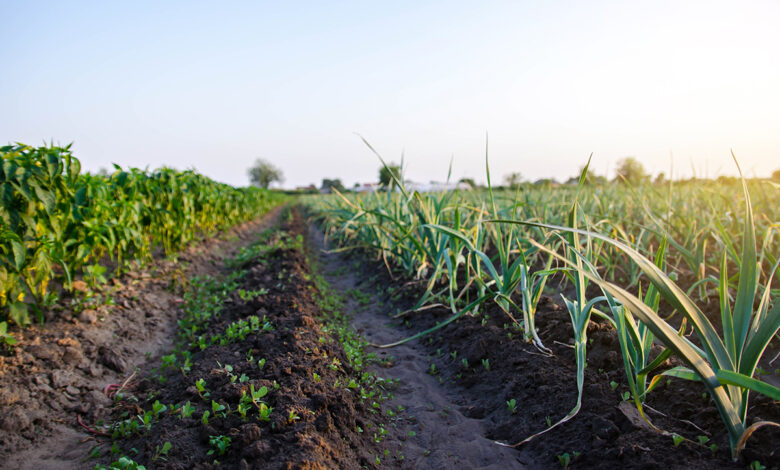Nature-Friendly Approaches to Handling Yard Waste

A vital component of sustainable waste management, yard trash can be overlooked in talks about environmental preservation. Conventional methods of disposal, such fire or landfilling, decrease landfill area and greatly increase carbon emissions. These methods also squander the potential benefits of green waste removal strategies, which can transform garden refuse into valuable, eco-friendly resources. It explores environmentally responsible ways to dispose of yard waste, promoting techniques that improve the ecological well-being of our communities and gardens while also having a minimal negative effect on the environment.
Advantages of Eco-Friendly Yard Waste Practices
Using environmentally friendly yard waste management techniques has a positive impact on biodiversity and the ecosystem. First off, we greatly reduce the amount of garbage that adds to landfill overflow by diverting yard debris from landfills. This also lessens the amount of methane released into the atmosphere, which is a strong greenhouse gas produced when organic waste breaks down anaerobically in landfills. Second, by replenishing the soil with essential nutrients, enhancing its structure, and boosting its ability to hold water, composting yard waste improves the health of the soil.
Without the use of artificial chemicals, this nutrient-rich compost serves as a natural fertilizer to encourage healthy plant development. Finally, supporting local ecosystems by providing wildlife with food or shelter made from yard garbage. A healthy ecology and increased biodiversity may be fostered by simple actions like leaving grass clippings and leaves in garden corners. These actions also provide insects, birds, and small animals with safe havens. These methods demonstrate how sustainable development and environmental health may be enhanced via appropriate yard waste management.
Sustainable Yard Waste Disposal Techniques
- Composting – Organic waste is naturally converted into rich soil amendment known as compost through the process of composting. To begin, just put brown garbage, like dry leaves, and green waste, such vegetable scraps, in a container or a special place. Keep the compost wet and flip it occasionally to allow for airflow. Once it has reached maturity, the compost may be added to garden soil to provide nutrients that enhance soil structure and encourage plant development.
- Mulching – Mulching is the process of adding organic materials, such as wood chips, straw, or leaves, to the soil surface surrounding plants. This method controls soil temperature, inhibits weed growth, and preserves moisture. To stop rot, while applying mulch, make sure it is well distributed and stays away from plant stems. Mulches break down and improve the condition of the soil over time.
- Grasscycling – Grasscycling is the process of mowing the lawn and then letting the grass clippings there to break down organically. By refilling the grass with nutrients, this easy technique lowers the demand for artificial fertilizers while improving the health of the lawn.
- Community Programs – Numerous localities have initiatives to encourage the appropriate disposal of yard trash, such scheduled days for green garbage collection and shared composting spaces. By taking part in or starting such initiatives, yard trash’s negative environmental effects may be significantly reduced, encouraging a neighborhood-based strategy for sustainable waste management.
Overcoming Obstacles in Eco-Friendly Waste Management
Putting eco-friendly yard trash disposal techniques into practice might present a number of difficulties. Pest attraction to compost bins is a common worry that may be reduced by making sure the compost is sufficiently covered and that green and brown materials are kept in the right proportion. Furthermore, local laws may forbid some behaviours, such as burning yard garbage, thus adherence to local norms is required. Homeowners may need to modify their tactics to meet the available space in order to accommodate the space needed for procedures like mulching and composting. For yard waste management to be successful and long-lasting, several obstacles must be overcome.



